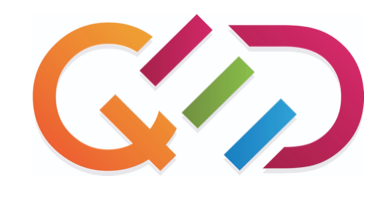Burnout
Burnout is now a legitimate workplace medical diagnosis, according to the International Classification of Diseases, or the ICD-11, the World Health Organisation's handbook that guides medical providers in diagnosing diseases.
Burnout now appears in the ICD-11's section on problems related to employment or unemployment. According to the handbook, doctors can diagnose someone with burnout if they meet the following symptoms:
feelings of energy depletion or exhaustion
increased mental distance from one's job, or feelings of negativism or cynicism related to one's job
reduced professional efficacy
Companies need an immediate strategy that actually delivers a reduction in potential or actual burnout – some simple actions would include:
1 – Creating an ‘adult’ culture based on accountability – let’s avoid being ‘frightened’ of the employees!
2 – Helping to build resilience in processes, structures and in people so that tools exist to recognise and delay burnout – and where burnout begins to be seen, that policies allow for rest and renewal so that people can bounce back
3 – Creating a sense of development, purpose and intent in the culture, rather than ‘sweating the people asset’.
4 – Building great leadership and management practices so that people can trust their boss and have robust development coaching conversations rather than command and control interactions – ensure that communication is a key part of the culture and that leadership clarity minimizes confusion and poor change management
5 – Rewarding fairly and for the longer term. Paying a few cents an hour under the proper rate may give short-term gains, but once burnout litigation or insurance fees start to bite, this will be recognized as a false economy
6 – Focusing HR on delivering wellbeing ‘value’ rather than providing ping-pong tables and fruit!
7 – Creating tech free areas where people can have face-to-face conversations
8 – Encouraging people to eat sensibly and experience ‘fresh air’ during the working day (not view it from an air conditioned box).
Resilience has become one of the critical business skills of the twenty-first century and a powerful antidote to burnout. As organisations recognise that a strategic approach is required to achieve their business objectives and get results, we now understand that the ability to cope with change and challenges effectively and bounce back from difficult situations, will allow us to thrive.
For us, Personal Resilience is all about performance. Ensuring that people can build upon their job skills with a resilience toolkit that enhances their potential and delivers superior performance. Our model of Personal Resilience allows for people to become more empowered in the areas of Stress Management, Pressure Management and Anxiety - the 'axis of evil' for burnout!
News, Views and Insights - The Blog
Our full blog archive is also available.
Listen to the Resilience Unravelled Podcast
““Russell’s podcast is eye-opening! ””
Dr Russell Thackeray has been building resilience in organisations for a number of years and knows that so many more people could benefit from what QED do. That’s why he decided to collect stories from ‘real’ people about their lives, challenges and learning and turn them into podcasts.
With over 250 episodes, Russell shares thoughts and ideas about resilience with different specialists. He provides a bigger picture of how building resilience can make a real difference, to help people who may be facing similar challenges.
You can access the podcasts on iTunes and other platforms, or listen on the website here.
Make sure you subscribe to be alerted of the latest releases and don’t forget to follow Dr Russell Thackeray on LinkedIn too!












